Director Sean Baker has been awarded the Luna de Valencia Award, a tribute that each year the Cinema Jove Festival dedicates to a filmmaker who, because of his or her themes, concerns or production style, fits representatively with the essence of the festival. This is a mid-course recognition of filmmakers who have proven to be a striking voice from their earliest works.
It is said of Baker that he films what Hollywood doesn’t want to see. A genuine exponent of American independent cinema, he focuses on characters in conflict with a world that doesn’t support them, strong personalities overwhelmed by a maelstrom of precariousness and bad decisions. Many of them are brash, sweeping characters who resist and survive thanks to their impudence, but are incapable of doing themselves a favour.
Sean Baker works with fluctuating, but always low budgets, he shoots with professional and non-professional actors mixed in the scene, he makes a film with a mobile phone and shoots on 35 mm film. He claims to be influenced by Italian Neorealism and Dogma 95. He says he makes the kind of films he would like to see and hasn’t seen enough of. He loves conventional cinemas and is reluctant to give up watching films on electronic devices.
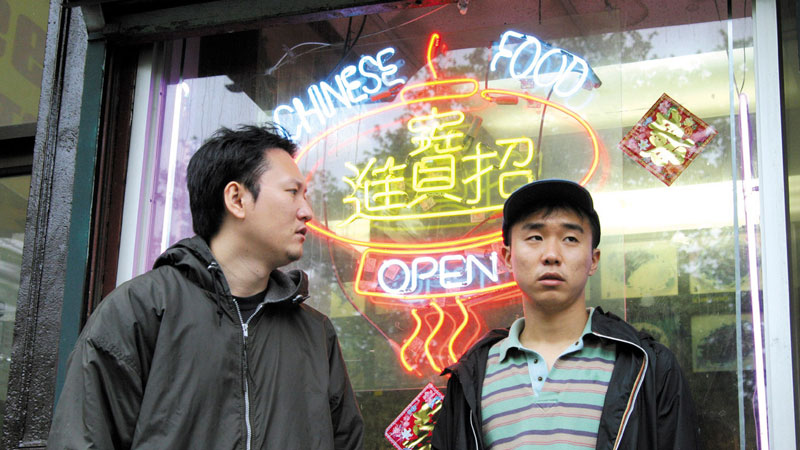
Take Out (2004).
The festival programmed a cycle of four titles from his filmography, Take Out, Tangerine, The Florida Project and his latest Red Rocket, as the rest of the films are in the process of restoration.
The screening of a remastered copy of Take Out (2004) was the Spanish premiere of this odyssey of a day in the life of an illegal Chinese immigrant who works as a piece-worker delivering food to homes in New York, and must pay off the debt he owes to the mafia that brought him to the United States. Directed and written with Shih-Ching Tsou, a regular figure in his films, either as a producer or as a recurring supporting actor. The film crew consisted of the two of them.
In Baker’s own words about the film: It couldn’t have been more independent. It was shot on a budget of $3,000, with no location rentals or shooting permits. If we think of the long sequences in which the camera chases the delivery man on his bicycle, in the rain and amidst the whistles of other irritated drivers, we realise the true ‘cinéma vérité’. And cheap.
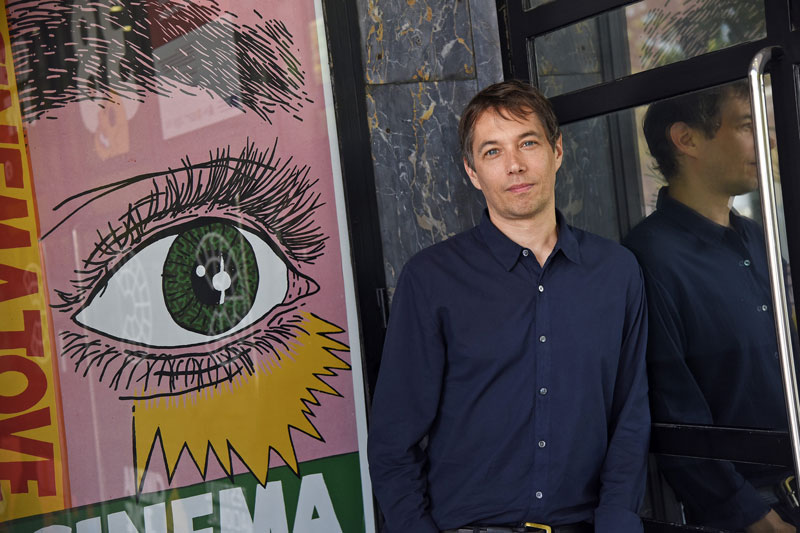
Sean Baker Luna de Valencia Award. Photo © Daniel García Sala – Cinema Jove.
Tangerine (2015) was shot with several iPhone 5S. It passed through Sundance and Cannes. This time, with a much looser budget of 100,000 dollars. The film closely follows the journey of two transsexual prostitute friends in a Hollywood neighbourhood. On Christmas Day, one of them vehemently searches for the “real” white chick her boyfriend and pimp has been cheating on her with during her brief stay in prison.
The non-professional actresses who play the characters of Sin-Dee and Alexandra are part of the trans sex worker community in that neighbourhood. Baker says that when he works with people who belong to the very world he wants to fictionalise, he tries to portray them in a respectful way, as he would like them to be. As he said during the Q&A with the audience at Cinema Jove, he lived with them for eight months, listening to their stories and including them in the creative process of the narrative. A narrative that deals not only with themes of the trans universe but also with universal concerns such as friendship, sisterhood and infidelity.
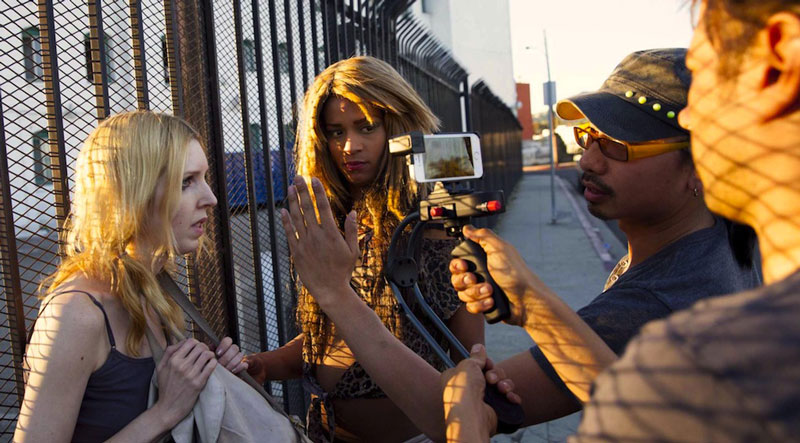
Shooting of Tangerine (2015).
The Florida Project (2017), made with two million dollars, is his most recognised title. In it, a group of mischievous, tongue-in-cheek kids led by the sassy Moonee -50% candyfloss, 50% dynamite- roam the free-flowing summer weather. Meanwhile, their single mothers worry about how to pay for their weekly motel room.
These kids would be any neighbour’s nightmare, but the motel’s head of maintenance, played by Willem Dafoe, whose character won him an Oscar for Best Supporting Actor, knows how to keep them in line without interfering too much with their illustrious rudeness. This is a film of contrasts: the colourful, cheerful facades of the small flats, a former tourist project next to Disney World, clash with the deprivation of the people who live there.
Baker creates a triangle of points of view: that of the happy, carefree children; that of Moonee’s mother, aware of their precariousness, but with poor conflict resolution skills and unable to see beyond her condition; and that of the facility manager, with an imperative role but a protective, benevolent gaze. From these three points, Baker articulates a space of balance in which to mix an acid critique of the detritus of the American dream with some hope in the weight of individual choices in the face of a flawed system. Although these individual decisions do not have the power to amend the defects rooted in that society, they can make the stay in an unforgettable life of shit a little more bearable.
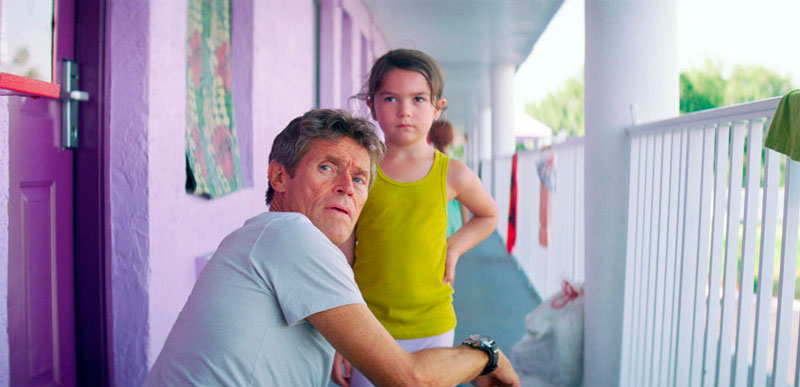
The Florida Project (2017).
One of the most interesting things about the characters in Tangerine and The Florida Project is that they are shown to have little or no background and no foresight. They are people with an invisible past and future. Everything we can know and imagine about them happens in the precise moment in which the film takes place, a continuous present that reveals who they are without knowing what has brought them there or what they are looking for in life.
Finally, his most recent film, Red Rocket (2021), which in slang refers to the erect limb of canids, is a little over a million dollar production that won the Jury Prize at Cannes. It repeats the formula by bringing together experienced performers and subjects from the human landscape of Texas City. Mikey, a former porn performer played by Simon Rex—also a veteran of the business— returns to his hometown like a beaten dog, evicted and with his tail between his legs, to the home of his ex-wife and ex-mother-in-law after 17 years of absence. It took 17 years for a young woman on the verge of coming of age to appear before his eyes like Lolita before those of Professor Humbert. This is probably one of the few moments in which a glimmer of purity crosses the iris of Mikey’s cheeky trickster, a born survivor of the Hollywood underworld.
https://youtu.be/pvqQQVM4zzg
In two of these films, donut shops represent an essential part of the action: Donut Time in Tangerine and The Donut Hole in Red Rocket. Both are real establishments that were used as locations. They are those colourful shops that display in their windows a polychrome and unmanageable army of appetising doughnuts dipped in chocolate and other lubricious substances with shiny finishes and multicoloured sprinkles. These places are the temples of visual seduction with little nutritional value, the den of infantilised desires, the prettiest cherry on top of pornfood.
For Tangerine’s prostitutes, it is their usual refuge and the centre of the pimp’s dealings; for the former Red Rocket porn star, it is the fortification to conquer where his desired Strawberry, who in her own way also represents an appetising and tender little pink cake among the cakes, dwells during the working day. The gravitational force that the “doughnut hole” exerts on Mikey makes going to see his crush, on a bicycle that he has outgrown like a fifteen-year-old without a week’s pay, a state of inconsequential biographical humiliation.
During his stay at Cinema Jove, he also left us some clues about his next production. For starters, we can know that it will be the first film he has made that focuses on the upper class, on a certain underrepresented community in New York. We’ll keep an eye out for it.
Header photo © Daniel García Sala – Cinema Jove.




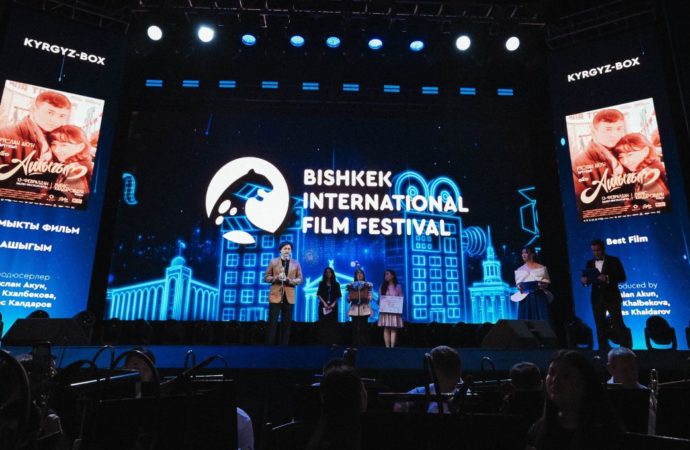


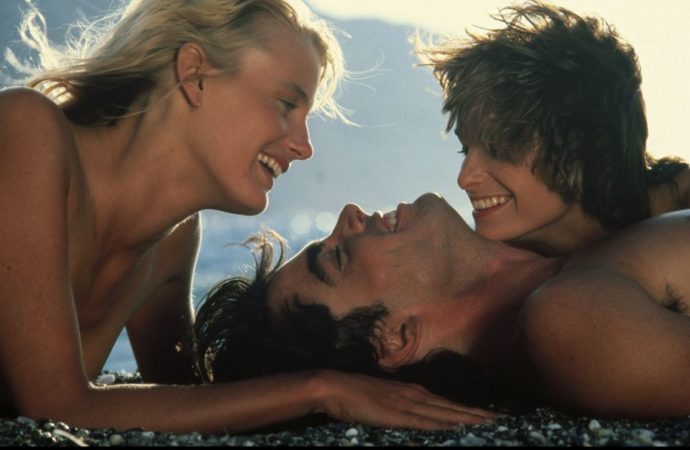

No one has posted any comments yet. Be the first person!